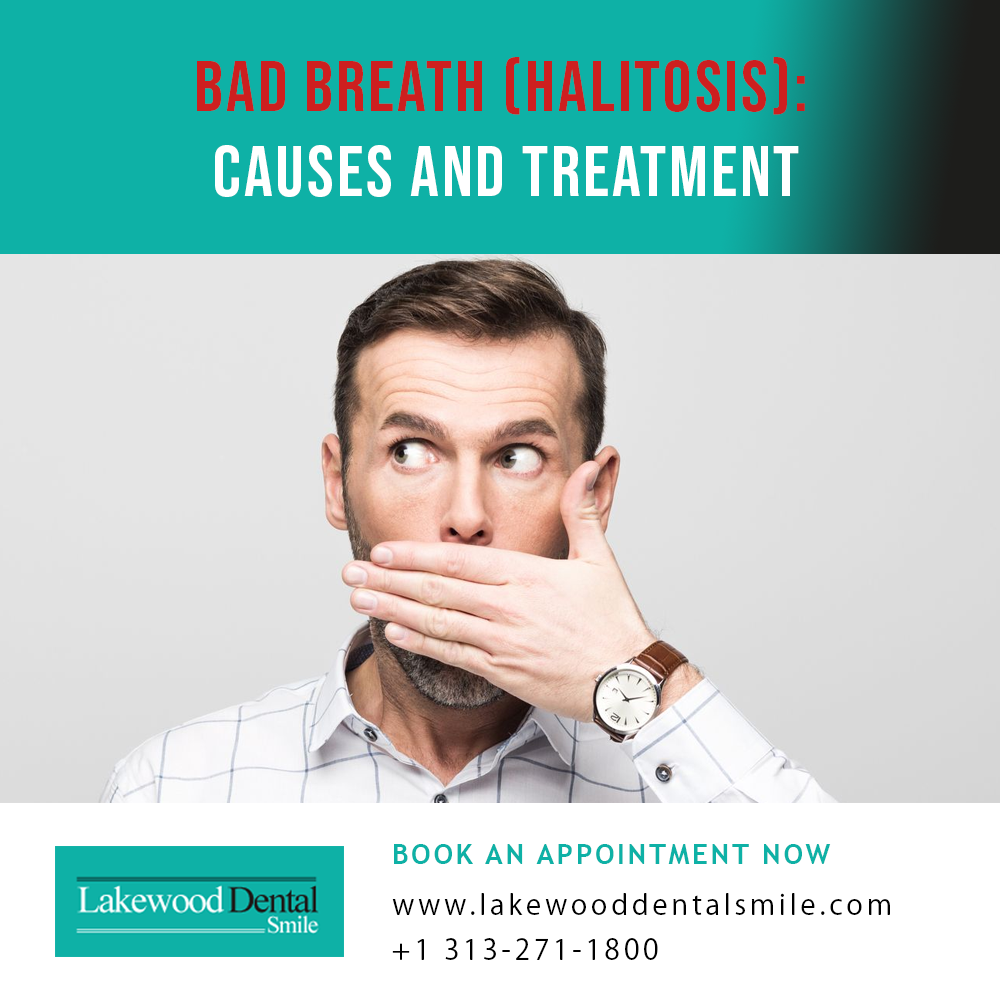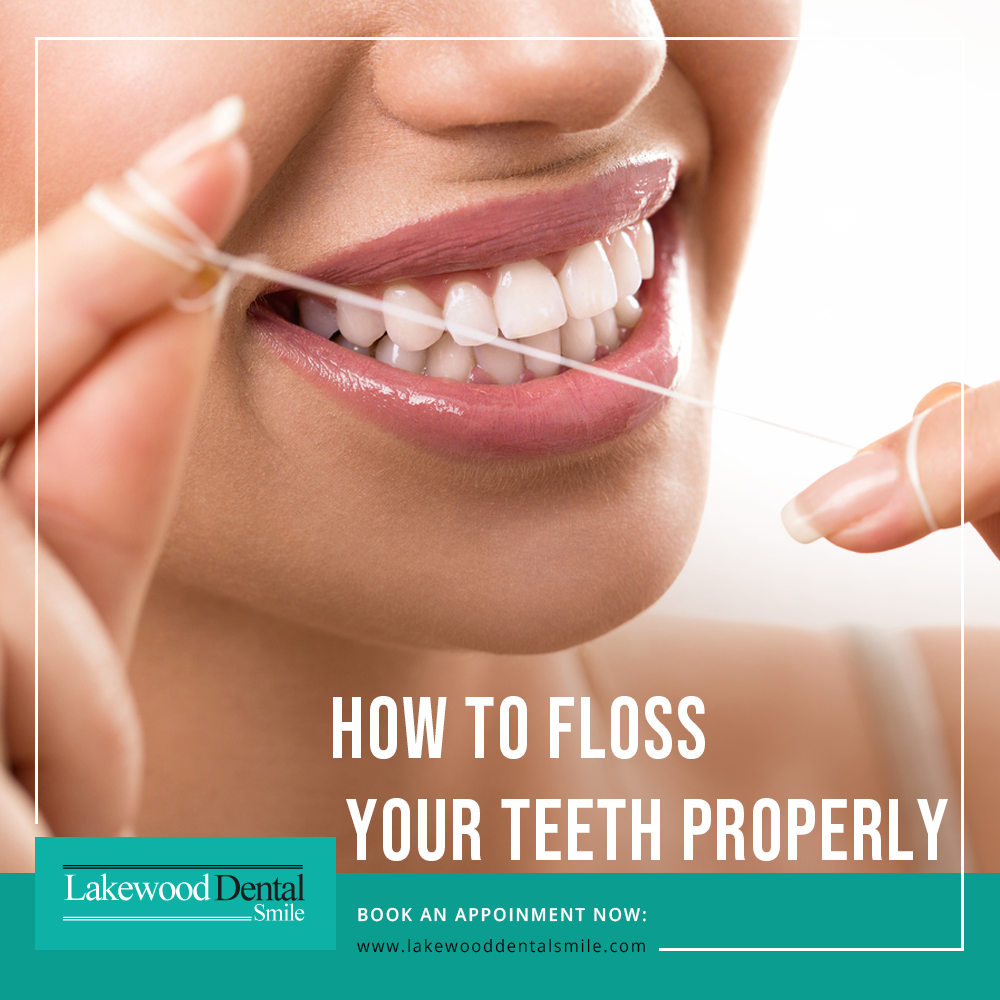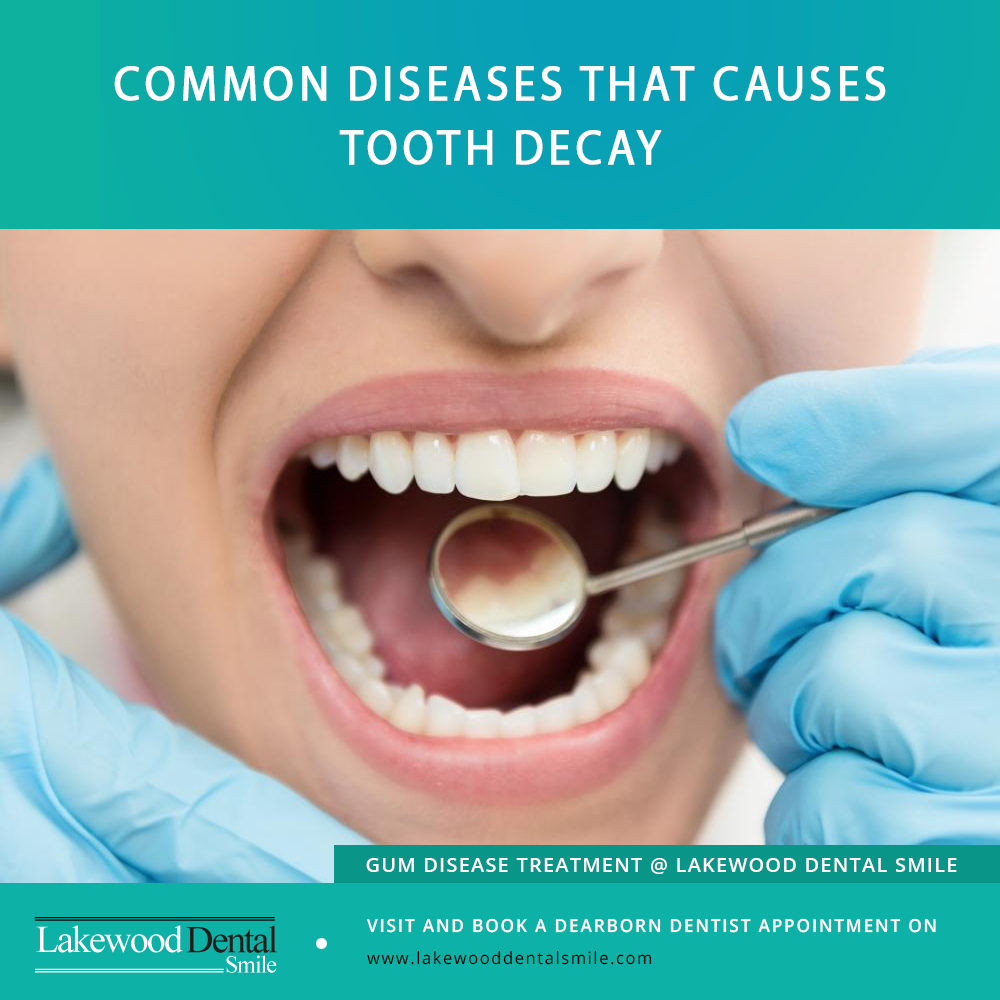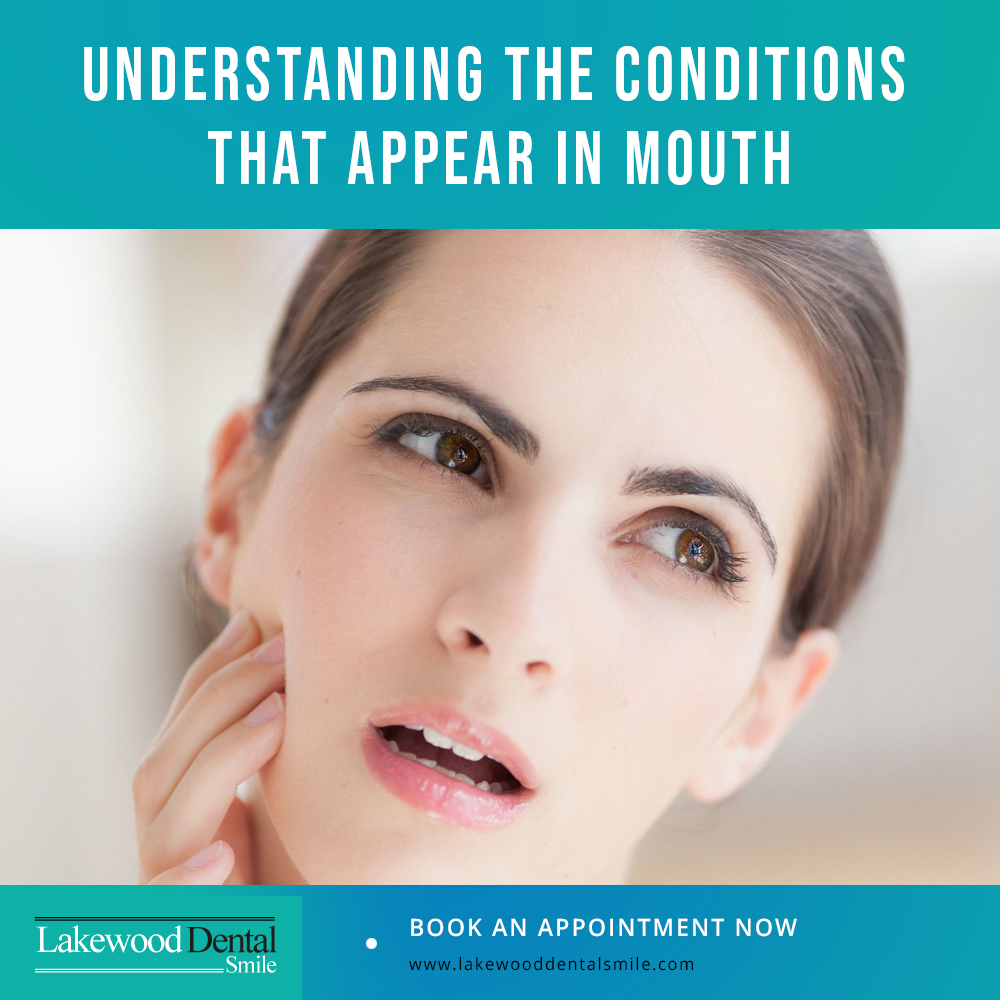Bad breath is a worrying condition for everyone. Otherwise known as halitosis bad breath can be the result of poor dental habits and maybe the indication of other issues. The type of foods you use and other unhealthy lifestyle habits can also make the condition worse. Many of us suffer from another serious side-effect because of bad breath: Low self-confidence. In order to tackle the problem from the initial stage itself, let’s take a look at some of the causes and the possible ways.

How can the food you eat affect?
Foods you take normally get broken down in the mouth and if you consume food with strong odors such as garlic or onions, it generates bad smell. Even the brushing flossing and the mouthwash could not remove the odor completely. It remains in the mouth until the food particles are gone through body.
How poor habits cause bad breath?
Food particles remain in your mouth until it is washed away properly. Hence, for this reason, it is necessary to brush and floss daily. If you do not, these remains of food particles promote the bacterial growth around the gums and on the tongue. Antibacterial mouth rinses also can help reduce bacteria.
Smoking or chewing tobacco-based products also can cause bad breath, stain teeth, reduce your ability to taste foods, and irritate your gums.
What Health Problems are linked with Bad Breath?
Constant bad breath can be the sign of periodontal (gum) disease. Gum disease is caused by the accumulation of plaque on the teeth which in turn produce bacteria. If the gum disease is left untreated it can damage the gums and jawbone. Other dental causes of bad breath include yeast infection and cavities. Dry mouth can also cause the bad breath. Some of the other diseases that are related to the bad breath include pneumonia or bronchitis, severe sinus infections and liver, and kidney problems.
What to do to prevent bad breath?
Practice good oral hygiene: Brush twice and ensure that no food particles remain in between the teeth. Make sure that you clean tongue too.
See your dentist regularly – Conduct oral examination twice a year with your favorite dentist. If necessary, do the teeth cleaning. Oral examination detects and treats the gum disease, dry mouth or other related problems that cause bad breath.
Drink plenty of water: Drinking water keeps your mouth moist. Chewing gum speed up the production of saliva, which helps to remove bacteria and food debris. Keep a check on the food you eat and if you think they may be the reason for bad breath, consult your dentist.
Consume green and black tea: The polyphenols in the green and black teas remove the sulfur compounds and drastically reduce the bacteria.
Breathe through your nose instead of your mouth: It is good to consult with a physician if you have any sleep troubles that affect breathing. If you consider having the treatment for bad breath, it’s vital to find a dentist who specifically offers the option you’re looking for. Lakewood Dental Smile in Dearborn, Michigan is specialized in offering advanced practice for treating bad breath. The center offers personalized dental services to patients in a tranquil environment.





